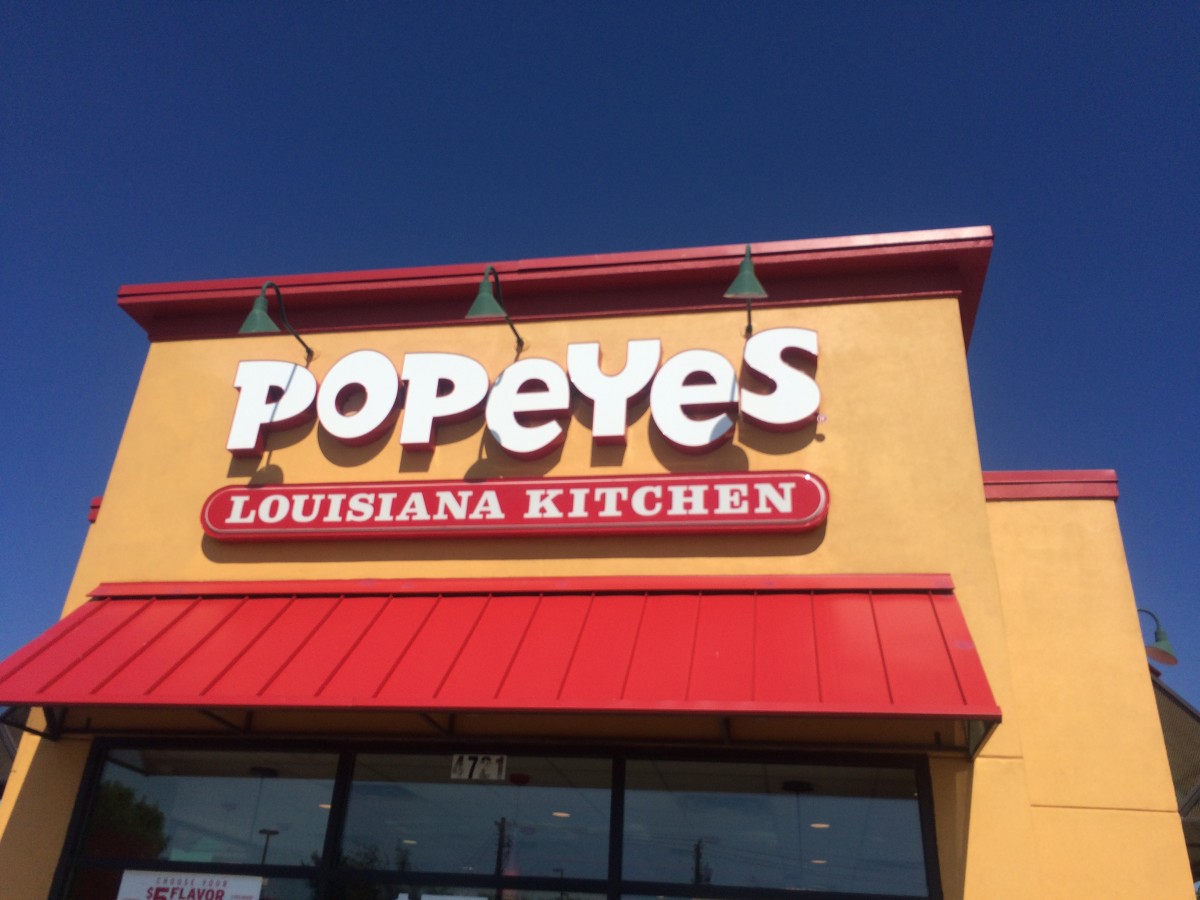Of Search Engine’s Optimized Keywords and Tags
The Principle of Optimizing Search Engines (Simplified)
Search Engines are big databases on the internet that are used to locate information on the World Wide Web, which is a section of the internet comprising millions of interlinked web pages. The primary function of a search engine is to search for words (word searches), phrases (combination of two or more words), and categories in which words occur or their sub-categories. We usually conduct a search word when we are seeking for information that is significant to us.
Search engines operate on a principle that is clearly defined. The key principle upon which search engines operate is referred to as Search Engine Optimization (SEO). To a lay man, this is the principle that enables search engines to rank articles, websites and webpages in higher echelons of search terms, thus increasing the chances of the article, website or webpage being picked upon as containing the relevant information, as the engines seek for articles that are laden with the targeted keywords on the net.
The search engine therefore minimizes chances of a seeker missing the documents they seek after. Any document can be ranked high by the engine if it contains keywords that will lead the internet user to the information they require. Rankings are usually based upon the number of “hits” a given word registers in the search engine, as internet users try to search for documents using certain words or phrases containing the words.
These rankings by search engines are commonly referred to as “search volumes”. A serious Adword keyword campaigner or advertiser knows better than taking this issue lightly especially with profit maximization at stake. A lot of research must be conducted by the writer to ensure only the best keywords are utilized. This leads us to the type of words to look for.
MSN's, Google's and Yahoo's Logos

Adwords, Keywords and Tags
These three words are common on the net and may be defined as follows:
· Adwords are Google’s most important platform for advertising and source of the firm’s revenue. These Adwords operate on a “pay-per-click” (PPC) basis with regard to text, banner and media advertisements (ads). The word is coined from two words - “advertisement” and “words”.
· Keywords are significant catch words that are used by search engines in indexing or cataloguing web pages on the WWW.
· Tags are simply defined as “labels” written or printed on paper and attached to something to indicate its owner, nature, price etc. Our context here refers to a word that simply categorizes information into unique identical groups for ease of recognition.
When a combination of all the three words are properly used by advertisers and writers, better outcomes result when a searcher enters a certain word in the search engine. Their likelihood of hitting upon the information they seek on the internet is assured with little wastage of time.Google, Yahoo and MSN Search Engines
The biggest, most popular and best search engines that are used in Search Engine Optimization are Google (Google.com), Yahoo (Yahoo.com) and Microsoft Network (MSN). There are of course other new engines that have come into the market.
The three search engines command quite a following and hence are most likely to be used by seekers of products and information on the net. These search engines also aim at drawing a high traffic of internet users as they compete among themselves. There is no point in capitalizing on only one engine because all search engines are optimized using the same principles. These engines work together to mine information required by end-users. It all depends on which search engine the user has targeted to use.
The sum total of all search volumes generated by all the search engines assists in pointing out the most popular word to the researcher.
Goods from Amazon
Choosing Adwords, Keywords and Taggings
When choosing the keyword to use on the webpage, website or article, the author should try to establish how high Google ranks a certain words with regard to locating the right information, as they try to draw high traffic through their search engine.
Do the same for Yahoo and also Microsoft’s MSN. In order to get a better picture of how high the chosen keyword ranks, cumulate all the ranks from the three search engines to get a sum total for all the rankings combined. It might be interesting to note that various searches rate words differently as compared to others. A word may be ranked high by Google but rather low by Yahoo or MSN.
CSV Output File
Results of the word ranking explained above are better rendered by the CSV output file generated by Google’s Adword keyword tool. This tool can only be accessed through your account after you register with Google Adsense.
Words or phrases ranking highest in the CSV file are the ones to be used when creating your document or advertisement. CSVs are very useful when converted to a spread sheet like Excel. Excel can be used to store data and calculate numerical data. It also enables the user to plan their finances and accounting of the same thereafter, thereby saving time spent in lengthy arithmetic. It also allows for a faster analysis of data within its cells.
Now, take off and do what I call “cooking” your article, based on your area of specialization. Use your words effectively to add value to your keyword campaigns as you seek out the slippery terms. The more a writer uses the words that ranked high in score for all the search engines, the better their chance of producing an article full of choice words that search engines use to categorize the keywords and phrases used in the written articles.
The writing of content-rich articles go a long way in having your work ranked high by the search engine with tags as a key basis of categorization the information you give with regard to phrase construction. Remember, phrases do give high search volumes too.
YouTube video on SEO
Word of Caution
While writers of articles are likely to choose the highest ranked keywords in writing their documents to draw high traffic, marketers have to strike a balance between words that rank high (keyword search volumes) and competing marketers search volumes for ads. But this is a topic for another day. I wish you a happy word campaign. Adieu.
Sign up and start making money now
- HubPages
HubPages is your online space to share your advice, reviews, useful tips, opinions and insights with hundreds of other authors. HubPages is completely free, and you can even earn online ad revenue! - Improving Your HubPages Earnings
Here is my advice and recommendations for boosting the earning potential of your Hubs and how to earn with AdSense, eBay, Amazon and Kontera.










